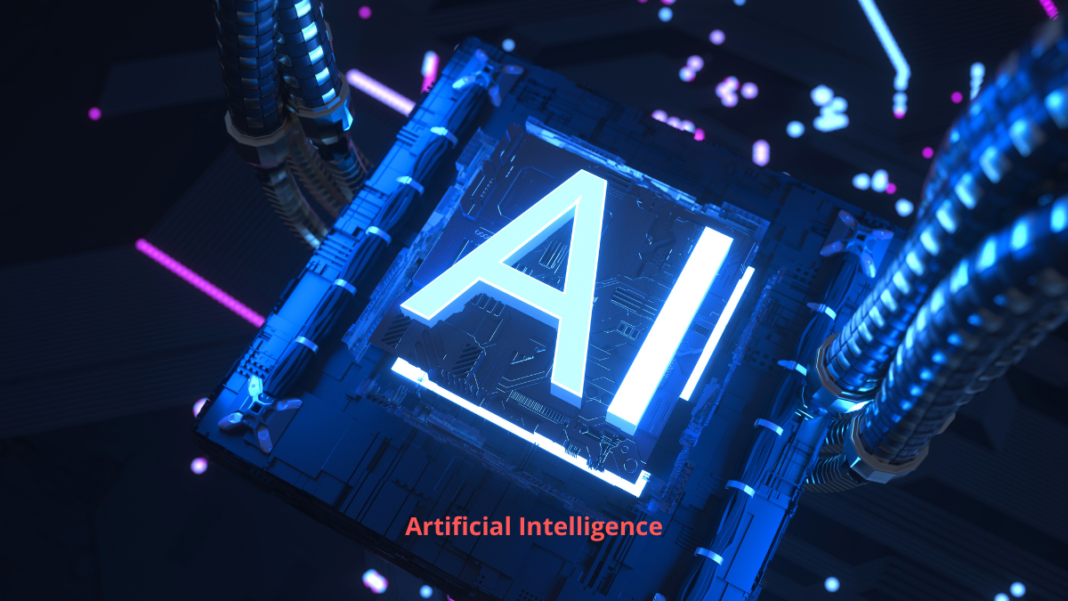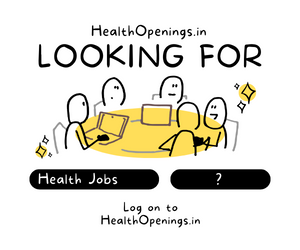In an era characterized by technological advancements, Artificial Intelligence (AI) has emerged as a transformative force across various industries, including healthcare. The integration of AI-powered diagnostic tools has showcased remarkable potential in enhancing the precision and efficiency of medical diagnoses. By harnessing the power of machine learning algorithms and data analytics, AI is poised to revolutionize the way medical conditions are identified and treated, leading to improved patient outcomes and overall healthcare efficacy.
AI Algorithms for Medical Diagnosis:
At the heart of AI’s impact on medical diagnosis lies its intricate algorithms, which enable the analysis of vast and complex datasets. These algorithms excel at identifying subtle patterns and anomalies within the data, thereby facilitating early detection of diseases such as cancer and predicting patient prognoses. The true marvel of these algorithms lies in their ability to continuously learn and adapt as they process more data, effectively enhancing their diagnostic accuracy over time. This continuous learning cycle positions AI as a dynamic tool that can keep up with the ever-evolving landscape of medical knowledge.
AI-Powered Diagnostic Tools and Their Accuracy:
AI’s proficiency in analyzing medical images has transformed fields like radiology and pathology. Medical imaging, which often involves complex data interpretation, benefits immensely from AI’s capacity to swiftly process and decipher visual information. Remarkably, AI-powered tools like IBM Watson for Oncology have empowered oncologists to develop personalized treatment strategies. By ingesting vast amounts of medical literature and case studies, these tools offer insights that help oncologists make informed decisions, improving patient care and treatment outcomes.
Benefits of AI in Early Detection and Treatment:
One of AI’s most significant contributions to medical diagnosis lies in its ability to detect nuanced changes that may elude even the keenest human eye. This capability translates into earlier interventions, a critical factor in successfully treating numerous medical conditions. By identifying anomalies at an early stage, AI facilitates timely medical interventions, leading to more favorable patient outcomes. Additionally, AI’s aptitude for processing genetic and molecular profiles enables the tailoring of treatment strategies to suit an individual’s unique biological makeup. This personalized approach holds immense promise in optimizing treatment efficacy while minimizing potential side effects.
Ethical Concerns and Human Oversight:
While AI’s potential to revolutionize medical diagnosis is undeniable, ethical considerations loom prominently on the horizon. One of the foremost concerns pertains to the need for human oversight and accountability in AI-generated diagnoses. Although AI algorithms exhibit exceptional analytical capabilities, they lack the nuanced understanding and empathy inherent in human clinicians. As such, striking a delicate balance between AI-driven insights and human expertise becomes imperative to ensure accurate diagnoses and appropriate treatment plans. Transparency in AI-generated diagnoses is also paramount, as patients and healthcare professionals alike must comprehend the basis upon which medical decisions are made.
Collaboration between AI and Healthcare Professionals:
The successful integration of AI into medical diagnosis hinges upon a collaborative partnership between AI systems and healthcare professionals. Rather than supplanting human clinicians, AI should be viewed as a powerful augmentation tool that enhances diagnostic capabilities. Healthcare professionals can harness AI-generated insights to make more informed decisions, ultimately optimizing patient care. This collaborative approach ensures that the benefits of AI are harnessed while upholding the core principles of medical ethics and patient-centered care.
Artificial Intelligence’s rapid advancement in medical diagnosis marks a watershed moment in the healthcare landscape. By leveraging sophisticated algorithms, AI accelerates the diagnostic process, enabling early detection and personalized treatment strategies. However, this progress must be underpinned by ethical considerations, including human oversight and accountability. Through a harmonious collaboration between AI and healthcare professionals, the future promises enhanced patient care, improved treatment outcomes, and a transformed approach to medical diagnosis. As we navigate the intersection of technology and healthcare, the potential of AI to revolutionize medical diagnoses remains both exciting and responsibly approached.




